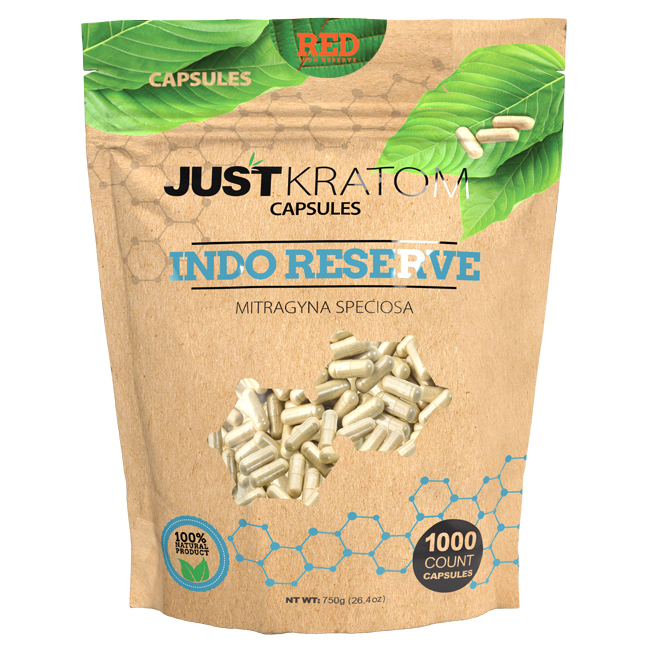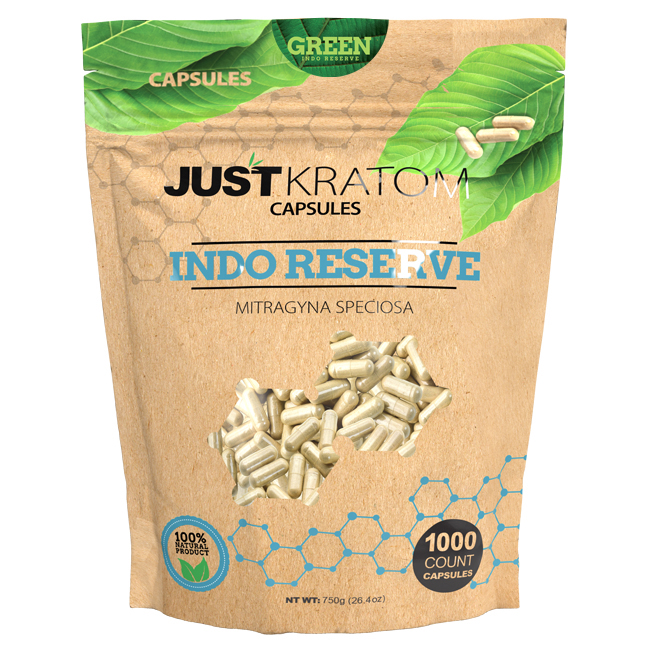Are Kratom Capsules Legal In Your State?
Federal Legality
Federal legality surrounding kratom remains complex and ever-evolving. While kratom itself isn’t explicitly banned at the federal level, its status exists in a gray area due to ongoing regulatory debates. This ambiguity has led to varying legal interpretations across individual states, creating a patchwork of laws regarding kratom’s possession, sale, and use.
DEA Schedule
The Drug Enforcement Administration (DEA) classifies kratom as a “Drug of Concern” under Schedule I. This designation signifies its potential for abuse and lack of currently accepted medical use in the United States. Despite this classification, the DEA has not yet implemented a nationwide ban on kratom.
However, individual states have taken differing stances on kratom’s legality. Some states have outright banned kratom, while others permit its sale and use under certain regulations. The legal landscape surrounding kratom is constantly shifting, so it’s essential to consult state-specific laws before possessing or using kratom products.
Importation and Exportation
Importation and exportation of kratom are also subject to varying legal restrictions depending on the country involved. Some countries have outright bans on kratom trade, while others may impose regulations on its import and export.
For instance, in the United States, importing or exporting kratom may be restricted under federal law due to its classification as a “Drug of Concern” by the DEA. It’s crucial for individuals considering importing or exporting kratom to thoroughly research and comply with the specific regulations of both their origin and destination countries.
State-Specific Regulations
Navigating the legal status of kratom can be challenging due to its complex regulatory landscape. While federal law maintains a somewhat ambiguous position on kratom, individual states have adopted diverse approaches, ranging from complete bans to permissive regulations.

States Where Kratom is Legal
Determining the legality of kratom capsules in a specific state requires consulting that state’s laws directly. Some states have implemented outright bans on kratom possession, sale, and use, while others permit it with certain restrictions.
For instance, Alabama, Arkansas, Indiana, Rhode Island, and Vermont have enacted complete bans on kratom.
Other states, such as California, Florida, Georgia, and Texas, allow kratom sales but may impose regulations such as age restrictions or limits on the amount that can be purchased.
It’s crucial to research the specific laws of your state to ensure you are complying with all applicable regulations regarding kratom.
States With Restrictions or Bans

Navigating the legal status of kratom can be challenging due to its complex regulatory landscape. While federal law maintains a somewhat ambiguous position on kratom, individual states have adopted diverse approaches, ranging from complete bans to permissive regulations.
- Alabama
- Arkansas
- Indiana
- Rhode Island
- Vermont
These states have enacted complete bans on kratom possession, sale, and use.
Other states, such as California, Florida, Georgia, and Texas, allow kratom sales but may impose regulations such as age restrictions or limits on the amount that can be purchased.
It’s crucial to research the specific laws of your state to ensure you are complying with all applicable regulations regarding kratom.
Variations in Regulation
The legality of kratom varies greatly from state to state. Some states have completely banned kratom, while others allow its sale and possession under certain restrictions.
This patchwork of laws makes it crucial for individuals to research the specific regulations in their state before purchasing or using kratom products.
Legal Considerations for Consumers
The legal status of kratom is a complex and ever-changing issue in the United States. While not explicitly banned at the federal level, kratom’s classification as a “Drug of Concern” by the Drug Enforcement Administration (DEA) has led to varying interpretations and regulations across individual states.
Purchasing from Reputable Sources
Understanding the legal landscape surrounding kratom is crucial for consumers. Because kratom legality varies significantly from state to state, it is essential to research the specific laws in your jurisdiction before purchasing or using kratom products.
Some states have implemented complete bans on kratom possession, sale, and use, while others allow its sale with certain restrictions such as age limits or purchase quantity limitations.

Consulting reliable legal resources, including state government websites or legal professionals specializing in drug law, can provide the most accurate and up-to-date information regarding kratom’s legality in your area.
When purchasing kratom, it is important to source products from reputable suppliers who prioritize quality control and compliance with relevant regulations.
Look for companies that provide transparent information about their sourcing practices, extraction methods, and product testing.
Be wary of extremely cheap kratom products, as these may indicate lower quality or potential adulteration.
Labeling and Product Quality
Understanding the legal status of kratom is crucial for consumers. Because kratom legality varies significantly from state to state, it is essential to research the specific laws in your jurisdiction before purchasing or using kratom products.
Some states have implemented complete bans on kratom possession, sale, and use, while others allow its sale with certain restrictions such as age limits or purchase quantity limitations.
Consulting reliable legal resources, including state government websites or legal professionals specializing in drug law, can provide the most accurate and up-to-date information regarding kratom’s legality in your area.
When purchasing kratom, it is important to source products from reputable suppliers who prioritize quality control and compliance with relevant regulations.
Look for companies that provide transparent information about their sourcing practices, extraction methods, and product testing.
Be wary of extremely cheap kratom products, as these may indicate lower quality or potential adulteration.
Potential Side Effects and Risks
Navigating the legal complexities surrounding kratom can be challenging due to its varying status across different states. While it’s not explicitly banned federally, it is categorized as a “Drug of Concern” by the DEA, leading to diverse interpretations and regulations at the state level.
Consumers must exercise caution and thoroughly research the specific laws governing kratom in their respective states before purchasing or using kratom products. Some states have enacted outright bans on kratom possession, sale, and use, while others permit its sale with certain restrictions, such as age limits or quantity limitations.
It’s crucial to consult reliable legal resources, including state government websites or legal professionals specializing in drug law, to obtain the most accurate and up-to-date information regarding kratom’s legality in your area.
Potential side effects and risks associated with kratom consumption include nausea, vomiting, diarrhea, increased heart rate, anxiety, seizures, and withdrawal symptoms. Long-term effects are not yet fully understood.
Individuals with pre-existing medical conditions, particularly those related to the liver, heart, or brain, should consult a healthcare professional before using kratom, as it may interact with certain medications or exacerbate existing health issues.
Future of Kratom Legality
Navigating the legal complexities surrounding kratom can be challenging due to its varying status across different states. While it’s not explicitly banned federally, it is categorized as a “Drug of Concern” by the DEA, leading to diverse interpretations and regulations at the state level.
Consumers must exercise caution and thoroughly research the specific laws governing kratom in their respective states before purchasing or using kratom products. Some states have enacted outright bans on kratom possession, sale, and use, while others permit its sale with certain restrictions, such as age limits or quantity limitations.
- Alabama
- Arkansas
- Indiana
- Rhode Island
- Vermont
It’s crucial to consult reliable legal resources, including state government websites or legal professionals specializing in drug law, to obtain the most accurate and up-to-date information regarding kratom’s legality in your area.
Potential side effects and risks associated with kratom consumption include nausea, vomiting, diarrhea, increased heart rate, anxiety, seizures, and withdrawal symptoms. Long-term effects are not yet fully understood.
Individuals with pre-existing medical conditions, particularly those related to the liver, heart, or brain, should consult a healthcare professional before using kratom, as it may interact with certain medications or exacerbate existing health issues.
Shop Kratom capsules for better sleep quality
- Alluzience Longer Lasting Botox Near Warlingham, Surrey - May 2, 2025
- How To Plan Your Brazilian Bum Lift Around Holidays Or Events - May 2, 2025
- Botox Anti-Wrinkle Treatments In Weybridge, Surrey - May 1, 2025
